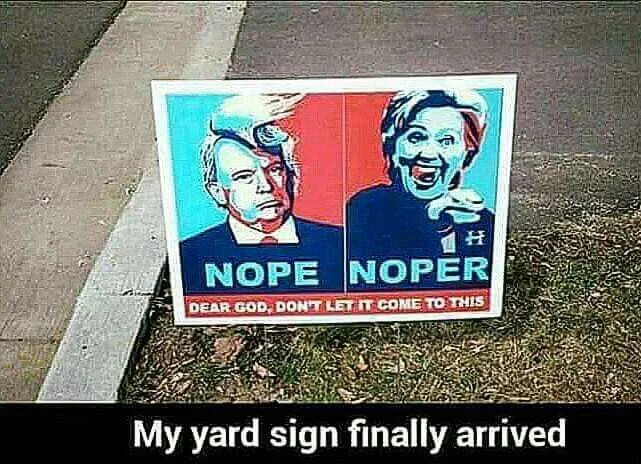When preparing the 2016 Democratic Party platform, the drafting committee promised: "We will do everything we can to protect religious minorities and the fundamental right of freedom to worship and believe.”
But in the final text, Democrats substituted a broader term -- "freedom of religion." After all, critics of Hillary Rodham Clinton were attacking her occasional references to "freedom of worship," as opposed to the First Amendment's defense of the "free exercise" of religion.
"Freedom of worship" suggested that religious doctrines and traditions were acceptable, as long as believers remained inside their sanctuaries. "Freedom of religion" language would have implications for evangelists, educators, artists, doctors, soldiers, business leaders, social activists, counselors and other citizens in public life.
Thus, gadfly candidate Beto O'Rourke stepped into a minefield when he answered this question during a CNN "town hall" on LGBTQ issues: "Do you think religious institutions -- like colleges, churches, charities -- should lose their tax-exempt status if they oppose same-sex marriage?"
O'Rourke drew cheers and applause with his quick response: "Yes. There can be no reward, no benefit, no tax break, for anyone or any institution, any organization in America, that denies the full human rights and the full civil rights of every single one of us." As president, he added, he would "stop those who are infringing upon the human rights of our fellow Americans."
This stance would draw a different response from many other Democrats.
"Journalists should ask O'Rourke and every other Democratic candidate how this policy position would affect conservative black churches, mosques and other Islamic organizations, and orthodox Jewish communities, among others," argued law professor John Inazu of Washington University in St. Louis, writing for The Atlantic. "It is difficult to understand how Democratic candidates can be 'for' these communities -- advocating tolerance along the way -- if they are actively lobbying to put them out of business."
Meanwhile, this O'Rourke statement will remind religious leaders of the U.S. Supreme Court's Obergefell v. Hodges decision affirming same-sex marriage.








